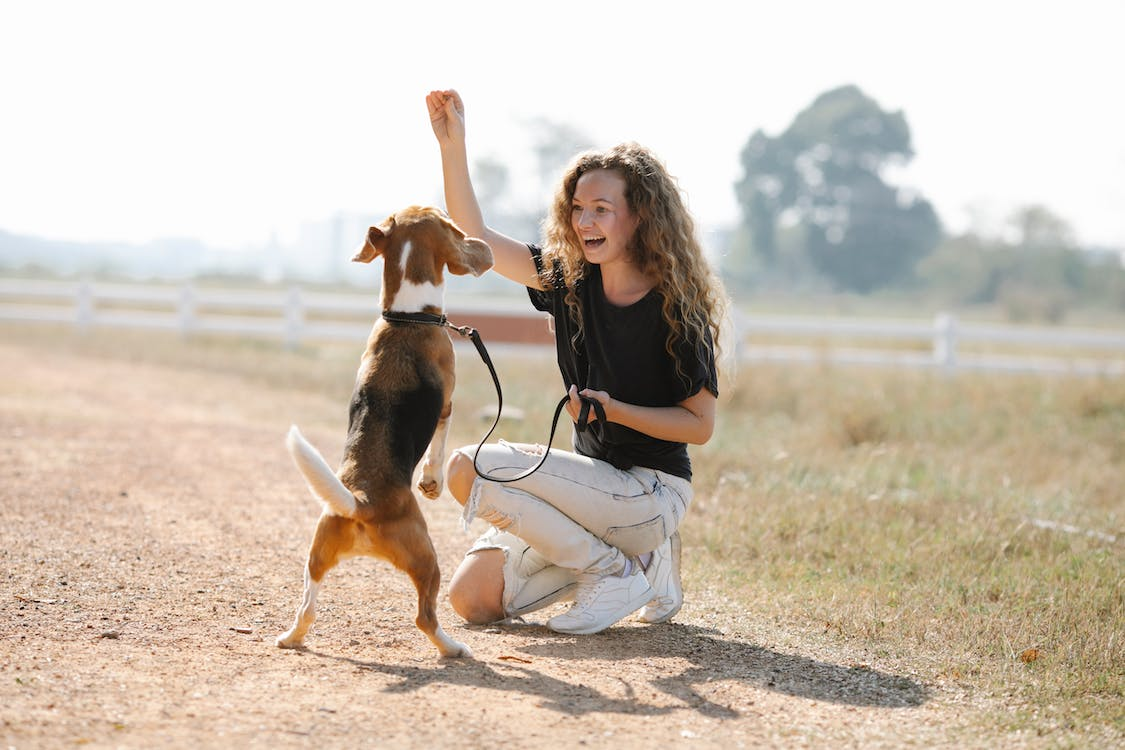The bond between a dog and its owner is one of life’s most enriching experiences. To nurture this connection, understanding and shaping canine behaviour is essential.
Dog obedience training is not just about teaching your pet to follow commands; it’s a gateway to a deeper understanding of your furry companion.
In this comprehensive exploration, we will delve into the intricate details of dog psychology, training techniques, and the transformative impact of structured obedience programs.
Understanding Your Dog’s Language
Before delving into training techniques, it’s vital to understand how dogs communicate. Dogs primarily use body language to express themselves. By paying close attention to their gestures, you can gain insight into their emotional state and needs. This understanding is the foundation of effective obedience training and is critical for anyone looking to use comprehensive puppy training programs.
The Pillars of Effective Training
Training your dog requires patience, consistency, and an understanding of the canine mind. Here are the pillars that uphold successful dog obedience training:
- Positive Reinforcement: Rewarding your dog for good behaviour reinforces that behaviour and encourages them to repeat it. This can include treats, praise, or playtime.
- Consistency: Dogs thrive on routine and clear expectations. Consistent commands, rewards, and consequences help them understand what is expected.
- Patience: Dogs learn at their own pace. Being patient with them is key to building a trusting relationship.
Crafting the Training Experience
A well-structured training regimen is as diverse and adaptable as the dogs it aims to teach. To craft this experience, consider these elements:
- Customisation: Tailor your training to suit your dog’s personality, breed, and temperament.
- Environment: Train in various environments to help your dog adapt to different situations.
- Challenges: Introduce new challenges regularly to keep your dog engaged and to prevent boredom.
Advanced Techniques for the Committed Owner
For those looking to take their dog’s training to the next level, advanced obedience classes offer structured challenges that can greatly enhance your dog’s cognitive and problem-solving abilities. These can include agility training, scent work, or even dog sports. Such activities not only strengthen the bond between you and your pet but also promote mental and physical well-being.
The Transformative Power of Training
The benefits of dog obedience training extend far beyond simple command and control. It can profoundly impact your dog’s behaviour and temperament. A well-trained dog is often a happier and more content animal, leading to a more harmonious home environment. Furthermore, the skills and discipline learnt through obedience training can be life-saving, preventing dangerous situations and providing peace of mind.
Final Thoughts
In conclusion, dog obedience training is a journey that offers a multitude of benefits. It strengthens the bond between you and your pet, ensures their safety, and promotes a balanced and happy household. Through the techniques and principles discussed, any dog owner can embark on this rewarding path.
Remember, while dogs are capable of learning at any age, the earlier you begin training, the better. By investing time and effort into mastering dog obedience training, you’ll be rewarded with a loyal and well-behaved companion who is a joy to be around. Embrace the journey, and you’ll discover just how fulfilling a dog’s companionship can be.
For community members who want to take the training of their pet to the next level, they are encouraged to examine reviews and insights on breed-specific dog toys. This will give participants an understanding of utilities and brands that achieve the best outcomes regarding play-based activities.
